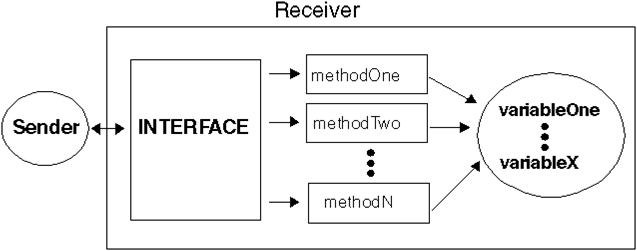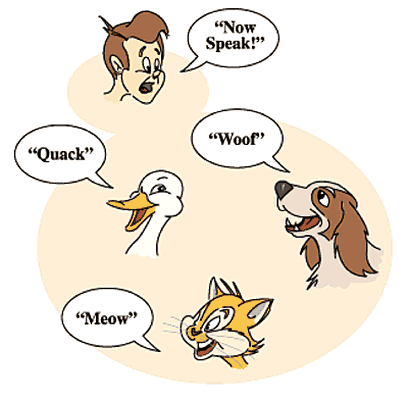Oops Concepts With Examples Pdf

Introduction to Object Oriented Programming Concepts in C#. Introduction to Object Oriented Programming (OOP). If somebody in your. Object Oriented Programming With Real-World. Who are knowing the Object Oriented Programming (OOP) concept theoretically but are. An example for explaining each.
If you want to beat your colleage with your coding speed or want to meet those tough deadlines which you always failed to hit try using Nido. Today, most of the university student and professionals use Nido for their development and share their success stories. We have tested it with number of complex business applications where it prove to deliver stable, robust system at an extremely short time frame.
If you want to check Nido source code or learn the architecture please visit the links given below. By the way it is open source and free to use in commercial projects. What I Referred?
• MSDN: • Practical Approach to Computer Systems Design and Architecture: • Introduction: What is Object-Oriented Programming?: • Basic Object-Oriented Concepts: • Inheritance and Polymorphism—Specialization and Generalization: • Abstraction and Generalization: • Object Oriented Analysis and Design Team: • Client/Server Software Architectures--An Overview: • Service-oriented architecture (SOA) definition: • • • [Wiki] 7. History • • Added more content base on design principles. • Added History section. • • Added more details to explain the Composition. • • Added comparison between Abstract Factory and Builder. • Updated some of the wording slightly. • • - Corrected the 'Composition' related description, as pointed.
• • Conclusion is updated and a link is added to Rocket-Framework. • • Added 'What Next' Section • • Special thanks goes to, and for their contributions to make some important corrections. Hi, I know I am a little late to post an answer to this question, but it might help someone though.
A class is like a blueprint of the instances / objects which surround us, for eg: if have four pen objects with you, you categorize that as 'Writer', you can create a 'Writer' class which can serve as a super class and then you can create a more specialized classes like Pen, Pencil, Marker, SketchPens, ColorPens,etc. See basically by creating a class we are practising encapsulation (one of features of OOPS). Geometer`s Sketchpad 4.07. Elethelectric Penguin 11-Jan-17 10:19 11-Jan-17 10:19 I approached this article with a reasonably sound existing conceptual background in OOP so I can't really comment on how useful this is to an OOP foreigner, however. I found your article to be educational, insightful, entertaining and intellectually appealing. I especially enjoyed the part where you discussed the interaction of data patterns.

It gave me a new perspective on data analysis and behavior classification. Thank you for taking the time and effort to put this together. Don't let the critic's get you down, not everyone speaks English natively and in my opinion you do a pretty decent job of getting your point across. Download Daihatsu Delta Parts Manual. This brings me to my two questions regarding the article. Firstly, I'm attempting to launch an educational blog focused on OOP and other related conceptual theories and philosophies. Would it be alright to cite some of your work in one of my posts?
Of course I'll provide source attribution as well as link to, and recommend this article. Secondly, are you still looking for someone to edit this article? In terms of fixing it, grammatically?
If so please let me know, I speak English as a first (and only) language and I'd be happy to rewrite your article for you. Oh and yes, for free haha. I only ask that in return you acknowledge my contribution, and should you feel it appropriate, consider linking to my blog. (It's not live yet). Anyway, even if the answer to both those queries is a resounding no I still wish to express my gratitude towards you for putting in the hard work and coming up with an article of high quality, and, I personally feel, of great intellectual merit.
Good luck in your future, wherever it takes you. Member 11177484 9-May-16 17:28 9-May-16 17:28 I have been developing software professionally for two decades. I have worked for several fortune 100 companies such as Time Warner Inc. (), ESPN () and JP Morgan (). I am currently employed with an international commercial software company, AVG (). Articles such as these are the reason this profession is littered with: ' As a number of years pass by, these developers become leads and software architects.